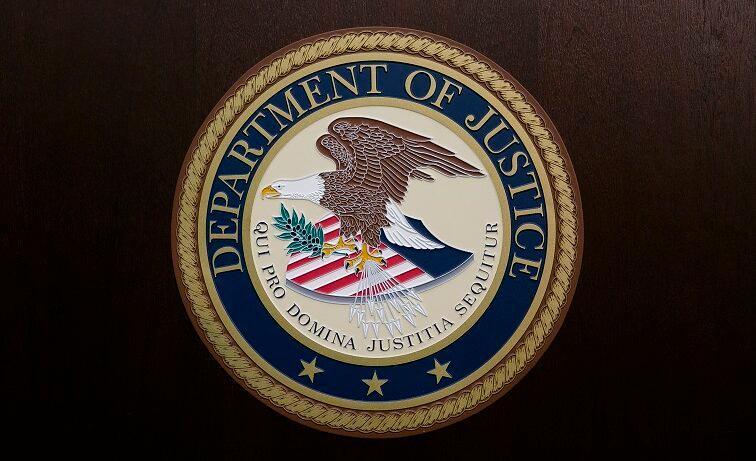The Justice Department has launched an investigation into a Massachusetts nursing home where at least 30 veterans have died from the CCP virus.
The department’s civil rights division announced on Friday that they have opened an investigation into the Soldiers’ Home in Holyoke, a state-funded facility about 90 miles from Boston, to see whether the facility had failed to provide adequate medical care generally and during the CCP virus pandemic. The U.S. Attorney’s Office for the District of Massachusetts will also be involved in the probe.




